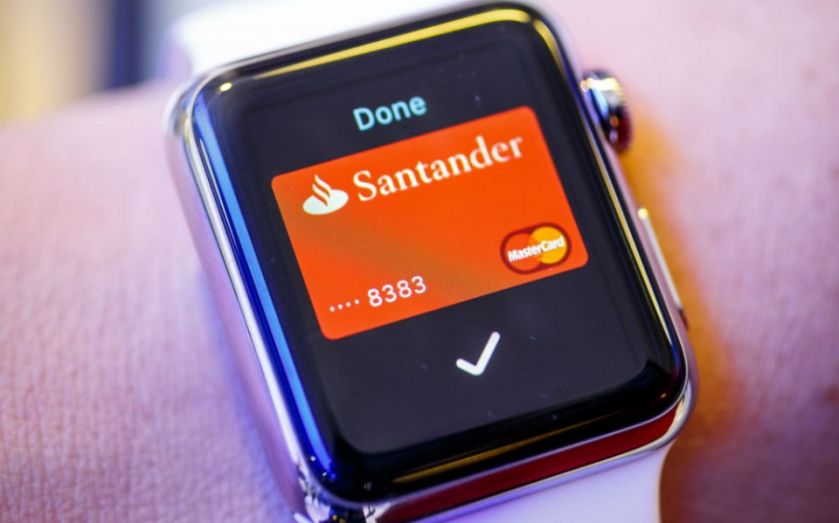Apple Pay comes to the UK – but will it change your life?

Apple Pay has made its debut in the UK with a strangely secretive launch from a company known for its high profile events.
It’s a clever piece of technology that enables people to use the iPhone 6 and new Apple Watch in the same way as a contactless debit card, simply tapping it on an NFC-enabled terminal to complete a payment instantly.
Much like its eponymous watch, however, Apple now faces a challenge in convincing people that the smart tech will actually make a difference in their lives.
Apple Pay launched in the US back in October 2014, but after nine months the company is still struggling to get people on board – with some analysts estimating there to be less than two million regular users so far and almost two-thirds of the top 100 retailers stating they have no plans to support the service next year.
Americans are partly held back by the fact that most retailers won’t have the NFC technology needed for contactless payments until later this year – not a problem here in the UK, where people used contactless to spend more than £2.32bn last year alone.
Brits are leading the charge in contactless cards, but Apple will have a tough time convincing people they should be particularly excited about using their phones instead.
Smartphones have become an essential piece of kit for daily life and are always close at hand, but the seconds saved by grabbing a phone instead of a wallet at the till is hardly going to transform anyone’s day. Most payment experiences, especially shopping, will likely see very little impact from Apple Pay.
The real attraction to mobile technology is the new level of freedom it brings, with more and more tasks now accessible anytime, anywhere. Apple and most other contenders in the field have taken a surprisingly blinkered view by limiting mobiles to being just another way of paying at the till after shuffling along in the same queues we always have.
Mobile offers the opportunity to completely change the way we do things. Why queue up to present your phone at a till when you could easily buy the product on the spot anywhere in the store – or passing by the window display, waiting for the bus, or literally anywhere else? Until this level of ubiquity and freedom becomes standard, mobile payments will remain a novelty for most people.
In the meantime though, Londoners can at least probably look forward to a smoother Tube journey as commuters whip out their phones instead of rummaging around for their perpetually misplaced Oysters or tickets.
In terms of what’s next for mobile commerce, well the future belongs to those companies that will actually change our day-to-day lives.